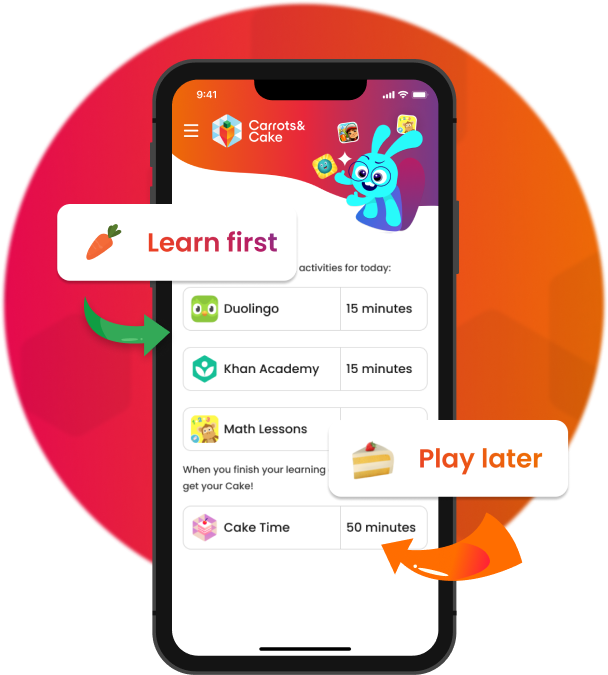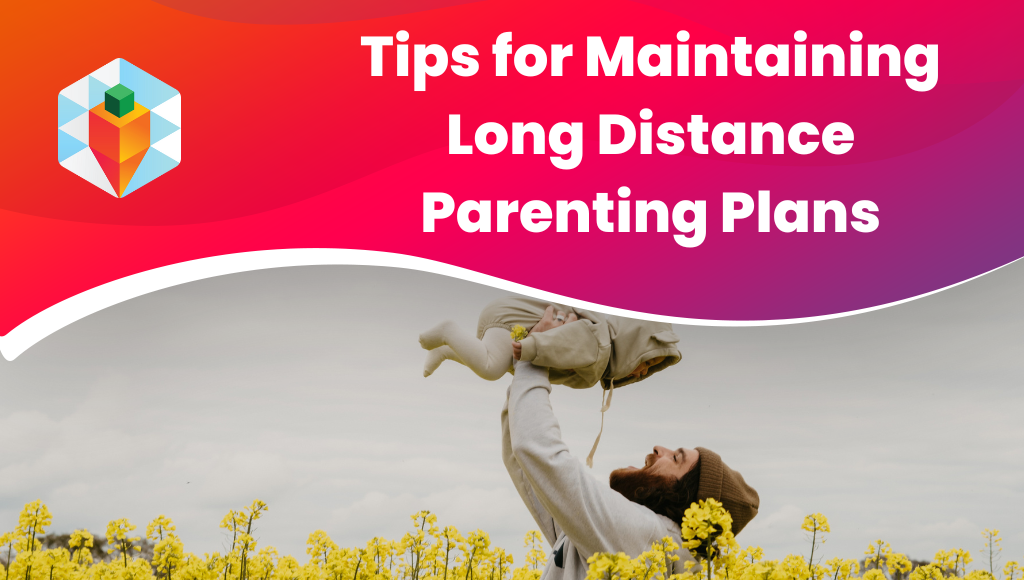


Long-distance parenting plans can be a challenging yet essential aspect of maintaining strong relationships between parents and their children when physical distance is unavoidable. This article will investigate the complexities of long-distance parenting and present useful tips for setting up an appropriate plan tailored to your child's individual requirements.
We will explore various strategies for fostering healthy communication in long-distance parenting, such as scheduled phone calls or video chats and encouraging note-taking for sharing experiences and feelings. Additionally, we will discuss the process of creating a visitation schedule that considers factors like travel time, school schedules, holidays, and special needs.
Lastly, establishing consistent routines across homes is crucial for ensuring smoother transitions during visits. We will share anecdotes supporting the importance of shared routines and rituals in promoting stability in your child's life despite living apart from one another.
Encourage your kids to make notes about things they want to share with their other parents during scheduled phone calls or video chats. This regular contact helps children adapt better to being separated from one parent while still feeling connected.
Maintaining emotional connections is crucial when it comes to long-distance parenting, and technology can be a great ally in this process. Schedule regular phone calls or video chats with your child, ensuring that both you and the other parent are on the same page regarding frequency and timing. By doing so, you create an environment where your child feels loved and supported by both parents despite the physical distance.
In addition to regular communication through calls or video chats, encourage your children aged three to ten years old to express their feelings and experiences by making notes or drawing pictures. This can be a fun activity that helps them process emotions, learn about themselves, and feel more connected with the other parent.
Fostering healthy communication in long-distance parenting is essential for maintaining emotional connections between parents and children. By implementing scheduled phone calls or video chats and encouraging note-taking as part of daily routines, you can help ensure that you and the other parent remain actively involved in your child's life despite physical distance.
Establishing a plan for communication between long-distance parents is essential for a positive connection with their children, and devising an appropriate visitation schedule can help to ensure that both parties stay connected. By considering factors such as special needs or unique circumstances, parents can create an effective plan that works best for everyone involved.
In terms of maintaining consistency throughout transitions from one home environment into another crucial element contributing to overall child well-being consider implementing specific routines, rituals, or activities that can be shared between both households (e.g., bedtime stories, weekly family game nights). While there is no direct research studying the effects of long-distance parenting on children specifically; anecdotal evidence suggests that it's possible to maintain strong connections despite physical distance.
One way to ensure a smoother transition for your child when moving between homes is by establishing consistent routines. These could include:
You may also want to introduce special traditions unique to your long-distance parenting situation like sending postcards from each location or planning virtual movie nights using apps like Netflix Party.
While research on long-distance parenting is limited, anecdotal evidence from parents who have successfully navigated this situation suggests that maintaining consistent routines can help children feel more secure and connected to both parents. For example, a Psychology Today article shares stories of families who have found success in establishing regular communication patterns, such as nightly phone calls or weekly video chats.
By incorporating these strategies, parents can create a sense of stability for their children and ensure that they remain connected to both parents despite the physical distance.
Parenting from afar can have a noteworthy effect on the progress of kids. Without a physical presence, parents are unable to provide direct guidance and support that is essential for healthy growth. Additionally, communication difficulties due to distance can create feelings of insecurity in children which may lead to emotional distress or behavioral issues.
Furthermore, lack of access to resources such as education and healthcare further exacerbates the effects of long-distance parenting on child development. It is, therefore, important for parents who live far away from their children to take extra measures in order to ensure their well-being and positive growth despite the challenges posed by living apart.
Yes, long-distance co-parenting can work. With the right tools and communication strategies in place, parents living apart can still maintain a strong connection with their children. Technology like video conferencing and apps such as Carrots&Cake provide an effective way for distant parents to stay involved in their child's life by setting healthy boundaries around screen time usage and providing educational content that helps them grow. Ultimately, successful co-parenting relies on consistent effort from both parties regardless of location or circumstance.
Co-parenting in different states can be challenging, but there are strategies to make it successful. Start by establishing clear communication protocols between parents, such as setting up regular phone calls or video chats to discuss important decisions and parenting topics. Establish a shared calendar for both households so everyone is on the same page about upcoming events and activities.
Develop a plan for holidays and special occasions so each parent has an equal amount of time with their child(ren). Maintain a dialogue with your co-parent, being candid about any matters that arise in order to guarantee the most advantageous result for all.
Parenting from afar can be tough, yet it is achievable. Despite the challenges, parents can still foster a strong bond with their children even when they are apart by utilizing modern tools and setting up appropriate expectations.
Technology has made it easier for parents to stay connected with their kids through video calls, messaging apps, and other digital platforms. It also helps to set clear expectations about communication frequency and boundaries so that both parent and child know what to expect from each other. With dedication and effort on both sides of the equation, long-distance parenting can work well for many families.
Navigating long-distance parenting as a parent can be daunting, yet with the right strategies in place, it is possible to create an effective plan that will benefit both child and parents. However, with the right strategies in place, such as fostering healthy communication, creating a visitation schedule, and establishing consistent routines across homes, you can create an effective long-distance parenting plan that ensures your child's well-being even when they are miles apart. With patience and dedication on both sides of the equation, parents have what it takes to make this challenging situation work for everyone involved.






